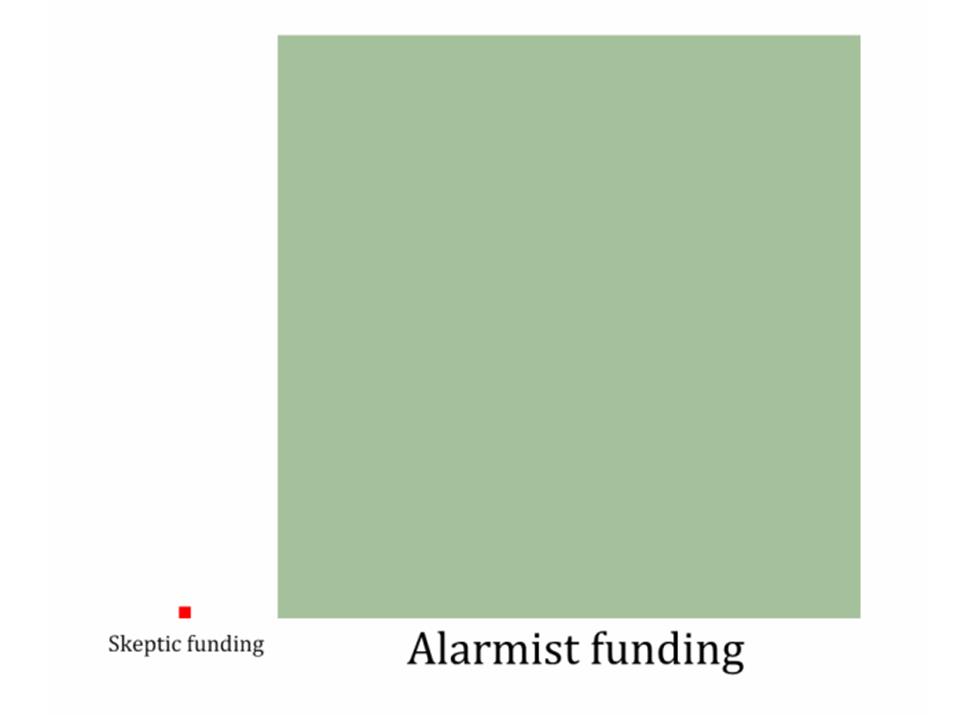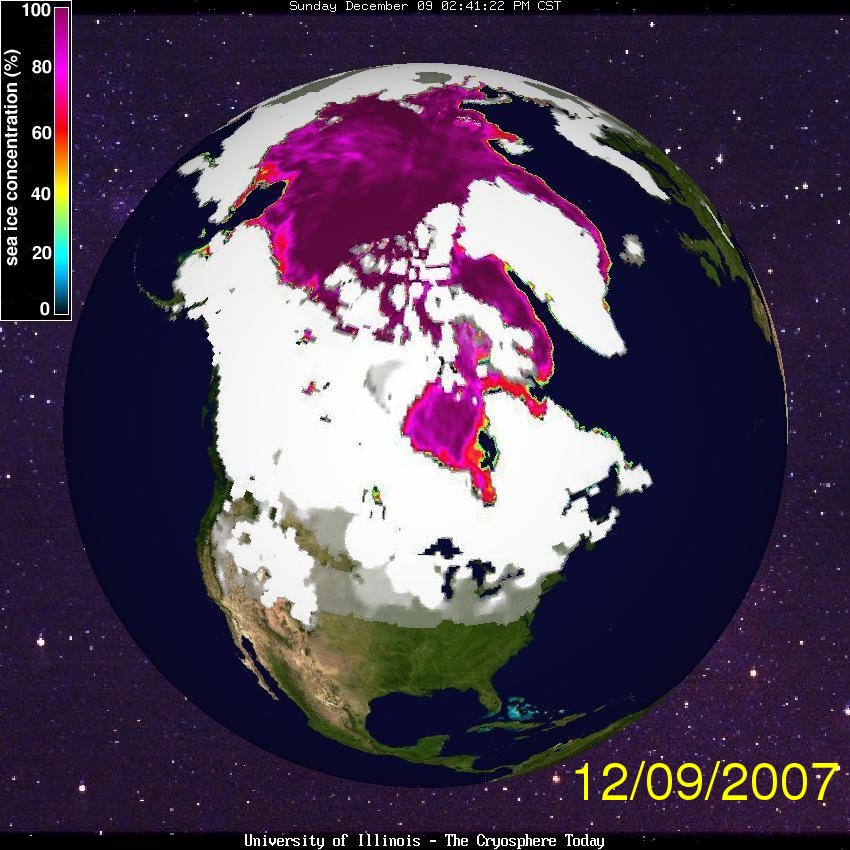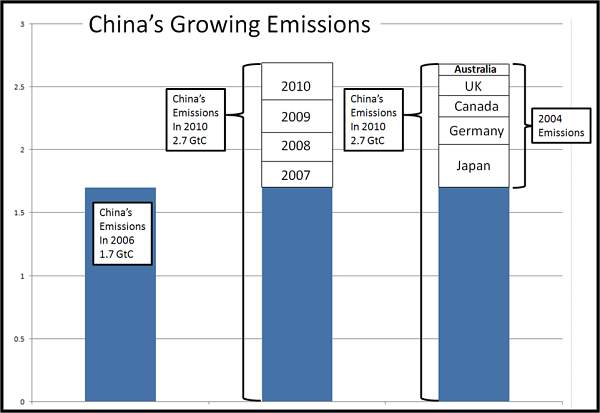Who are these people?
For the uninitiated, here is the lowdown: Andrew Dessler is a professor at the Department of Atmospheric Sciences, Texas A&M University. He is complaining about a US senate report which listed hundreds of individuals who have been reported in the media during 2007 as speaking against the “scientific consensus” on climate change, claiming that they are scientists. The report naturally challenges the very principle of the consensus, which has given climate policies the authority they have needed to be carried forward. The global warming camp have sought to undermine the value of this new list, by claiming that the scientists lack scientific qualifications, expertise, or moral integrity.
[…]
But Dessler doesn’t tell us exactly how we are to measure the qualifications, we just have to take his word for it that the 400 sceptics aren’t qualified, but the IPCC scientists are. So it’s not simply a consensus, it’s a qualified consensus, and he gets to call the qualification. So much for science. So, apparently, the IPCC scientists who represent the consensus are more qualified than their counterparts.
Or, maybe not.
We decided to test Dessler’s claim. So we downloaded IPCC WGII’s latest report on “Impacts, Adaptation and Vulnerability”. There were 380 contributors to the report […] we focused on the contributors who operate in the UK. Of the 51 UK contributors to the report, there were 5 economists, 3 epidemiologists, 5 who were either zoologists, entomologists, or biologists. 5 worked in civil engineering or risk management / insurance. 7 had specialisms in physical geography (we gave the benefit of the doubt to some academics whose profiles weren’t clear about whether they are physical or human geographers). And just 10 have specialisms in geophysics, climate science or modelling, or hydrology. But there were 15 who could only be described as social scientists. If we take the view that economics is a social science, that makes 20 social scientists.
[…]
There were a few professors, but few of them had the profile Dessler gives them. Many of them were in fact, hard to locate to establish just how much better than their counterparts they were. […]
Among the remainder – most of whom are not professors, but research associates at best, are an assorted bunch, many of whom are better known for their alarmist statements in the mainstream press than they are for their contributions to scientific knowledge – activists in other words, with their own political motivation. And in spite of being reported as “climate scientists”, involved in scientific research, also seem to be working within the social sciences, albeit for “climate research” institutions, such as Tyndall. Johanna Wolf, for example, is an IPCC contributor from the University of East Anglia, who works in the department for “development studies”. Does that make her a climate scientist? Anna Taylor, of the Stockholm Environment Institute in Oxford has no PhD at all, her research focuses on “stakeholder engagement in adapting to multiple stresses, including climate variability and change, water scarcity, food insecurity and health concerns” – not climate science, and has simply not been alive long enough to join the ranks of the specialists of specialisms that Dessler demands of sceptics. Similarly, Susanne Rupp-Armstrong, listed as a member of Southampton University only appears to have ever contributed to one academic paper. Research Associate at the University of East Anglia, Maureen Agnew does not focus her research on climate science, but on such things as “Public perceptions of unusually warm weather in the UK: impacts, responses and adaptations”, and “Potential impacts of climate change on international tourism.” Katherine Vincent specialising in “Social Capital and Climate change” at the UEA, only began her PhD thesis in October 2003. How can she be cited as a specialist in climate science?
Then there are the contributors whose involvement we cannot explain.
The things CBC Fruit Fly Guy doesn’t tell you. Oh wait – he’s not a climate scientist, either.
h/t Maz 2. This is one to bookmark.

















